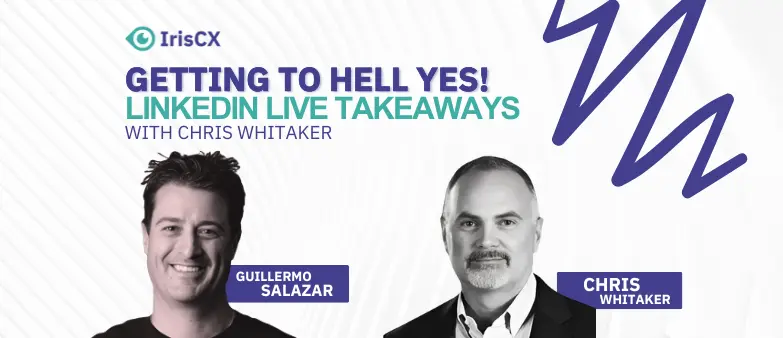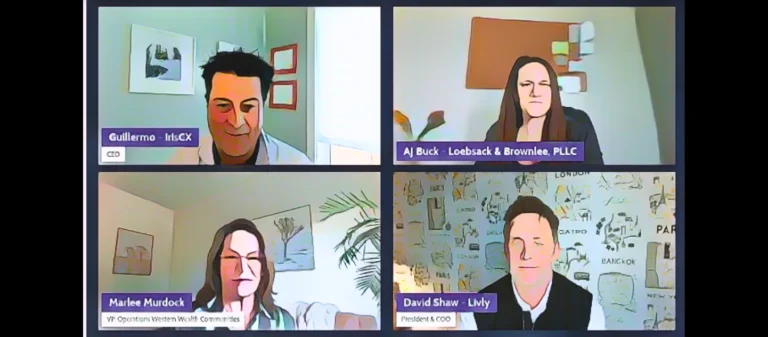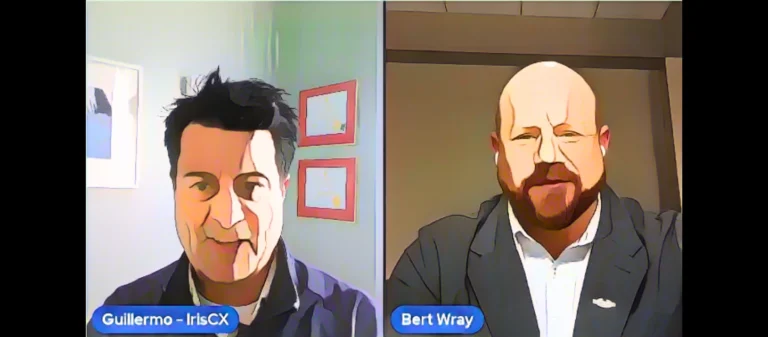From Military Discipline to Sales Mastery
Chris Whitaker’s sales career didn’t start in a corporate boardroom; it began in the U.S. Army Airborne Infantry. Military life demanded discipline, structure, and resilience. When his wife became pregnant with their third child, he decided to transition into sales to create a stable, rewarding future.His first sales job? Selling cable TV door-to-door. It wasn’t glamorous, but it opened his eyes. When he received his first commission check—double his Army salary—he realized sales wasn’t just about pushing products. It was about solving real problems and helping people.“Sales isn’t about money—it’s about solving problems.” – Chris WhitakerThis realization set him on a path that defined his approach to sales—one built on trust, problem-solving, and long-term relationships.
Why the Old Way of Selling No Longer Works
Sales has evolved. Gone are the days of cold calls, aggressive pitching, and high-pressure tactics. Today’s buyers access unlimited resources, competitor comparisons, and customer reviews instantly. Why would they respond to outdated sales pitches?Whitaker recognized this shift early on:
- Customers don’t want a sales pitch—they want to be understood.
- The biggest competitor isn’t another company—it’s the buyer’s fear of making a mistake.
- Technology evolves so fast that many customers don’t know what they need.
“If you go straight to a supplier, they’ll sell you their one trick. When you go to a trusted advisor, you get options.” – Chris WhitakerMost sellers still push solutions instead of understanding problems. They focus on quotas and commissions rather than what customers actually need. Whitaker saw this flaw and pivoted—not as a salesperson, but as a trusted advisor.
The Turning Point: Becoming a Trusted Advisor
Whitaker’s career took a turn when he discovered the indirect sales channel model. Here, technology advisors get paid for solving problems, not just pushing a single vendor’s product. This shift transformed his approach:
- Instead of leading with a pitch, he led with a question.
- Instead of pushing products, he helped buyers reduce risk.
- Instead of closing one-time deals, he built lasting relationships.
“I don’t pitch. I solve problems.” – Chris WhitakerThe best salespeople don’t sell. They listen, guide, and empower buyers.Customers no longer felt pressured. Instead, they felt supported in their decision-making process. This built trust, credibility, and long-term partnerships, turning one-time deals into recurring business.
The Formula for Getting to Hell Yes! in Sales
How do you consistently get buyers to say “Hell Yes!”? Whitaker breaks it down into three key principles:
1. Meet the Customer Where They Are
Great salespeople don’t push—they meet the buyer at their current stage in the decision-making process by:
- Asking the right questions to understand their pain points.
- Helping them visualize what success looks like.
- Being patient—sometimes they don’t know what they need yet.
“Sometimes buyers don’t know where they want to be—that’s why they need a trusted partner.” – Chris WhitakerBy understanding their current situation, you can guide them toward a better future.
2. Reduce the Risk for the Buyer
Buyers evaluate more than products—they consider the risk of making the wrong decision.
- A bad choice can cost them money, credibility, and career growth.
- They worry about choosing the wrong solution and being held accountable.
Whitaker realized reducing a buyer’s risk is more powerful than offering a lower price. He does this by:
- Providing multiple options instead of forcing one solution.
- Showing proof through case studies and past successes.
- Positioning himself as a long-term resource—not just someone closing a deal.
“If you reduce a buyer’s risk, you’ll always be their first call.” – Chris Whitaker
3. Play the Long Game
Not every sale happens immediately. Many deals that seem like a “Hell No” today are just “Not Right Now.”
- Some customers need time, budget, or internal approvals.
- Following up strategically converts indecisive buyers into long-term clients.
- Providing value even without an immediate sale keeps you top-of-mind.
“Do the right thing long enough, and you’ll hit your goals.” – Chris WhitakerWhitaker believes sales isn’t about closing deals—it’s about building relationships. When buyers trust you, they’ll always come back.
The Modern Salesperson’s Mindset
The key to getting “Hell Yes!” in sales isn’t persuasion—it’s alignment. Buyers say yes when they feel:
- Heard and understood.
- Confident in their decision.
- That they’re making the right move for their business.
Whitaker’s approach is a masterclass in modern sales strategy. He proves that great sellers focus less on tactics and more on authenticity, problem-solving, and trust.
Final Thoughts: Why This Matters for Sales Today
Sales isn’t about convincing—it’s about collaborating. The best salespeople don’t sell products—they solve problems.Whitaker’s career serves as a roadmap for any salesperson who wants to move beyond quotas and into long-term influence. His story isn’t just about selling—it’s about serving customers in a way that naturally leads to a Hell Yes! moment.Getting to “Hell Yes!” isn’t about pushing—it’s about serving.
Listen to the “Getting to Hell Yes!” podcast on apple or spotify here:
https://open.spotify.com/show/4TY87ToVuLK7eqkZZvZA5T
https://podcasts.apple.com/gm/podcast/getting-to-hell-yes/id1772602174




